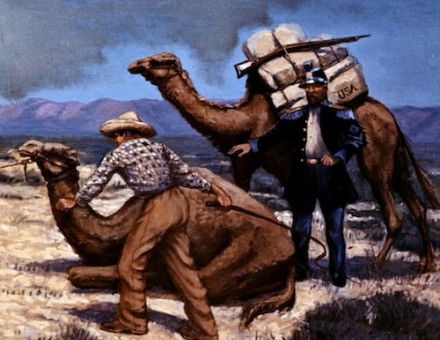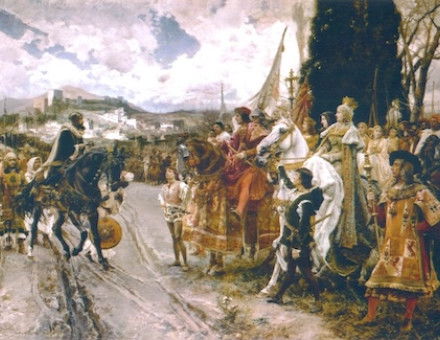The Immigrant Experience
In this abridged version of the prize-winning essay from our recent competition, Tracey Earl follows the fortunes of the Protestant refugees who came to Canterbury from the sixteenth century onwards.
Hops, Reformation, Bays and Beer, Came into England all in one year.
'The strangers', as the early immigrants were called by Canterbury citizens, were mainly Walloons who had been led by John Utenhove and Francois de la Riviere from Flanders in 1548. Calvinist in outlook, this small group was, says Strypes 'the beginning of the foreign church planted at Canterbury by the countenance and influence of Archbishop Cranmer'. They had prominent intellectual leaders: Hooper wrote of Utenhove – 'He is a man illustrious both by his birth and virtues, most sincere in the true religion and entirely opposed to all the mischief of sectarianism'. The influence of such leaders should not be underestimated. Cranmer, Archbishop of Canterbury, favoured such Reformation thinkers as Martin Bucer, John a Lasco and Peter Martyr and the refugee presence was such that the young king, Edward UI, granted a charter protecting all immigrant Protestant churches and placing them in the care of John a Lasro, in July 1550.





